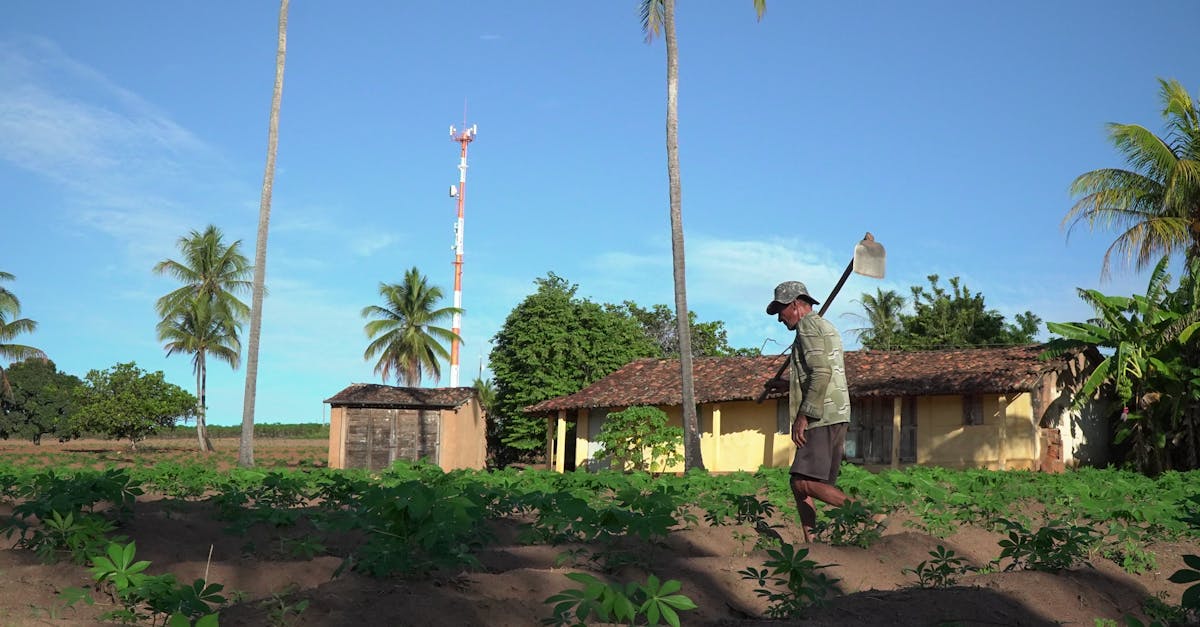Hawaiian Electric (HECO) has unveiled a comprehensive $350 million, three-year wildfire safety strategy, as reported by KHON2, aimed at mitigating wildfire risks and fortifying grid resilience throughout the state. This initiative, focusing primarily on Maui, which is identified as the highest-risk area, has significant implications for Hawaii's business community, particularly in sectors like tourism, real estate, and any industry reliant on consistent power. The plan includes enhanced safety measures and infrastructure upgrades, which, while crucial, may lead to increased electricity costs for consumers.
The strategy is multi-faceted, incorporating several key components. These include a Public Safety Power Shutoff (PSPS) program, where power lines will be proactively shut down during periods of high wind and dry conditions to prevent fire ignition (Hawaiian Electric launches Public Safety Power Shutoff program to enhance wildfire safety). Other elements involve enhanced vegetation management near power lines, system hardening to withstand extreme weather, and the deployment of advanced technologies for early fire detection and response. HECO's proactive measures follow the devastating Maui wildfires of the previous year, which resulted in immense damage and highlighted the need for improved grid safety protocols.
The financial impact on businesses is a major concern. With the $350 million investment, there's a strong likelihood that electricity rates will increase to cover the costs. This poses a challenge for local entrepreneurs and could affect the profitability of businesses, especially those with high energy consumption like hotels, resorts, and manufacturing facilities. Businesses may need to budget for these potential increases, explore energy efficiency initiatives, and perhaps consider backup power solutions such as generators.
The plan also directly addresses the liabilities and criticisms HECO faced after the Lahaina fires. The utility, which serves nearly all of Hawaii's 1.4 million residents, was criticized for failing to shut down power lines during dangerous wind conditions (The Washington Post). With the new PSPS program, HECO aims to prevent a repeat of this situation and proactively manage risks. However, HECO officials have acknowledged the potential community impact of power shutoffs and are urging residents and businesses, especially those who depend on medical devices, to have backup plans in place (AP News).
For investors and businesses looking at Hawaii's future, this plan underscores the importance of resilience. Businesses should evaluate how they would manage potentially disruptive conditions. The situation presents both challenges and opportunities for businesses, including those specializing in renewable energy and grid modernization, as well as companies that provide infrastructure solutions for wildfire prevention. The long-term outcome may depend upon these companies and how well all parties can adapt and collaborate.



